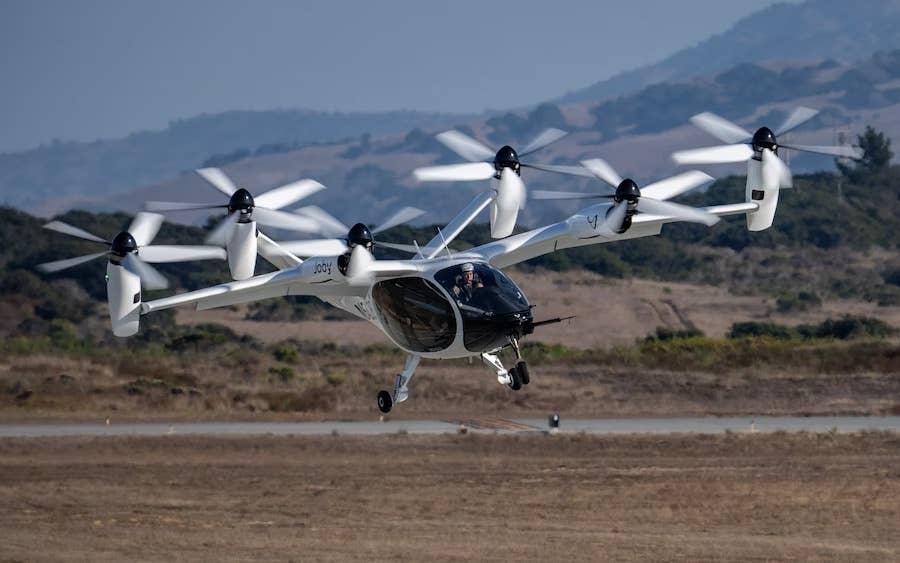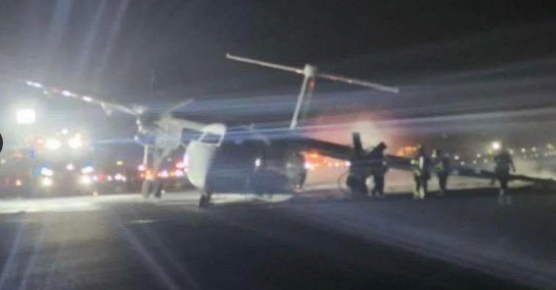Ditching Season Is Upon Us
And time for the yearly reminder about forethought and beach landings.
Now that the summer ditching season is in full swing, it's time for my periodic public service announcement to remind you about beach landings. The last couple of weeks saw a bumper crop of unplanned water landings, three off beaches and one on a beach near Galveston, Texas.As I've said before, I've taken it on as my duty to apprise you of the actual risks of landing in the water compared to landing on the beach so if you're ever confronted with the latter, you won't put beachgoers at risk because you're afraid of the water.
We reported on only one of these events. Last week, the pilot of a Cessna 206 in use for skydiving put the airplane on an unoccupied beach off Galveston, Texas, after the engine quit at 3500 feet. No injuries and no damage. Kudos. Evidently, the pilot was satisfied the beach really was clear of people and he chose it for his landing site.Two others occurred in Rhode Island and there was actually a fifth in Idaho, but it was a land-gear-down accident in an amphib and not exactly relevant to this discussion, but not irrelevant, either, as you'll see.
The pilot of a Bonanza, Alexander Piekarski, 62, had an engine out in the V-tail on June 18 and successfully put the airplane in the water off a Rhode Island beach. State authorities said this: "The pilot made an attempt to head toward the Westerly Airport but as a result of a loss in altitude, he elected to make an emergency landing into the water to avoid people on the beach." No need to say anything other than well done. He suffered a bump on the noggin for his trouble.
In Texas, on July 2, a recent-model Waco YMF-5 biplane appeared to suffer an engine out over Lake Travis and the pilot put it in the water. Many pilots worry about the airplane flipping on touchdown and the Waco did. See the video here.But as is the outcome in the overwhelming number of such cases, the occupants got out anyway, with only minor injuries. The fourth accident also occurred in Rhode Island on July 4 when a banner tow airplane went into Narragansett Bay for unknown reasons. It's not known if the airplane flipped, but whether it did or it didn't, the pilot escaped harm and found his way to dry land. In the fifth incident, the aforementioned amphib mishap, the airplane also flipped as is almost always the case with land-gear-down landings on floats. Still, the pilot egressed and survived. Worth noting is that not all amphib flips are so agreeable; they're very violent and fatals aren't unusual. But they also aren't really ditchings.
Like the broken-record nag I have become on this subject, the PSA moment is that all of these occupants survived, further reinforcing the fact that in controlled water landings, the survival rate is more than 90 percent. And that's true whether the airplane flips, floats, catches a wing of skips like a stone. If you'll just remember that single fact, you'll be properly armed if you ever have the misfortune of staring at a crowded beach through a windmilling propeller and you'll be able to do the right thing without fear. Watch for a rerun of this message next year.






